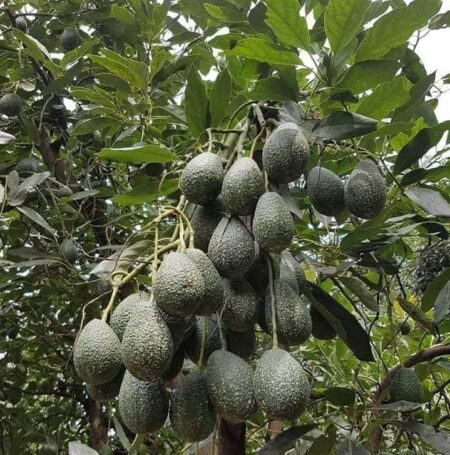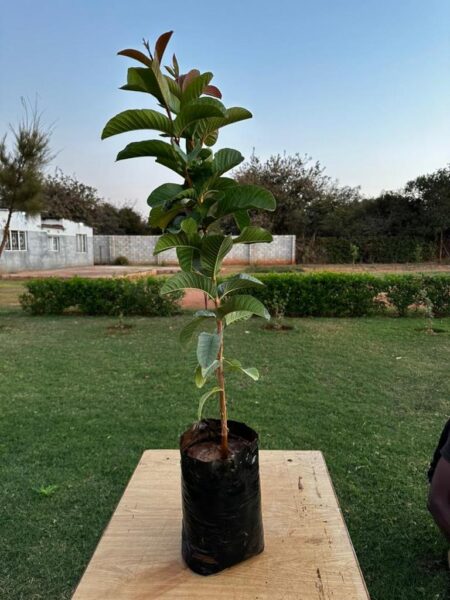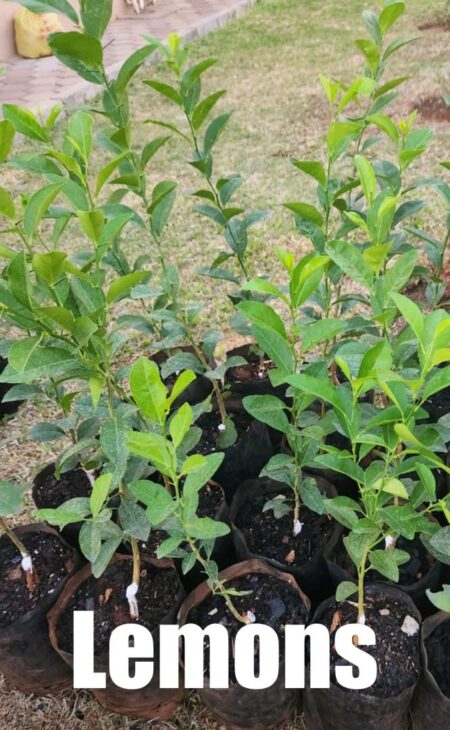Mandarin orange refers to a group of citrus fruits that belong to the Citrus reticulata species. Mandarin oranges are known for their sweet and easy-to-peel characteristics. They are part of the larger citrus family and are widely consumed around the world. Here are some key features of mandarin oranges:
- Varieties:
- There are numerous varieties and cultivars of mandarin oranges, each with its own flavor profile, size, and appearance. Some well-known varieties include Clementine, Satsuma, Tangerine, and Dancy.
- Flavor:
- Mandarin oranges are prized for their sweet and often tangy flavor. They are less acidic than some other citrus fruits, making them popular for fresh consumption.
- Peel:
- One distinctive feature of mandarins is their loose, easily separable peel. This makes them convenient to peel by hand, and the segments inside are easily separated.
- Color:
- The color of mandarin oranges varies depending on the variety, but they are typically orange or reddish-orange when ripe.
- Segments:
- Mandarins are typically divided into segments or “cloves” inside, making them easy to eat without the need for cutting.
- Harvest Season:
- The harvest season for mandarin oranges can vary by variety and location, but it generally falls in the late fall and winter months.
- Uses:
- Mandarins are commonly consumed fresh as a snack or dessert.
- They are also used in salads, fruit salads, and various culinary dishes.
- Mandarin juice is used in beverages, and the zest can add flavor to both sweet and savory dishes.
- Health Benefits:
- Like other citrus fruits, mandarins are a good source of vitamin C, antioxidants, and other nutrients.
- They are low in calories and can be a healthy addition to a balanced diet.
- Cultivation:
- Mandarin orange trees thrive in subtropical and tropical climates.
- They are cultivated in many parts of the world, with major producers including China, Spain, and the United States.
Mandarin oranges are not only delicious but also a popular choice for their convenience and nutritional benefits. The term “mandarin” is sometimes used interchangeably with other citrus terms like “tangerine,” and regional names can vary.

















